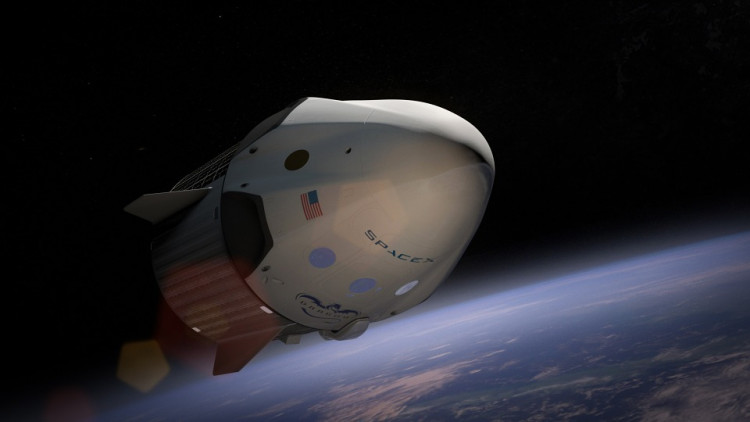United States President Donald Trump, at the Oval Office, signed on Tuesday, February 19, the Space Policy Directive 4 which directed the Pentagon to come up with draft legislation for review and approval by Congress. The directive outlines the inclusion of the Space Force within the U.S. Air Force, under the Department of Defense.
President Trump sees matter as a national security issue and insists that the United States needs to be prepared. He sees this step of establishing Space Force as a means of protecting vulnerable national air space and satellites as well as holding sway in orbit.
The arrangement would place the Space Force in a position comparable to that of the Marine Corps within the Navy. It is different from the Space Command Trump ordered the Pentagon to create a few months back in December 2018 that would take control of all military operations in space.
The spokesman from the Department of Defense, Charlie Summers, revealed that the Pentagon would be making the submission for the draft legislation within the next few weeks.
The Space Policy Directive 4 comes after the president's goal of establishing a full military service "separate but equal" was questioned in 2018 by Jim Mattis, who was then the nation's Defense Secretary, and by people outside of his administration. There were concerns then of the possible costs and on its necessity. Mattis had recognized the need for the United States to guard its interests in space but just did not agree with the creation of another military service.
But if it comes to fruition, it will be the sixth and youngest branch of the United States military, after the U.S. Air Force was created 72 years ago, just after the Second World War.
This move is supported by the House; however, the Senate's response to this still needs to be gauged, although there appears to be some form of support for the move. A Representative from the House Committee on Armed Services, Texas Representative Mac Thornberry, has conceded that the move is a crucial step in ensuring the national security space.
However, there are others who wonder whether the move would only make it more likely invite conflict. The senior scientist from the Union of Concerned Scientists, Laura Grego, pointed out that diplomacy in dealings with other nations with space presence may be one of the better ways to protect satellites in space.





